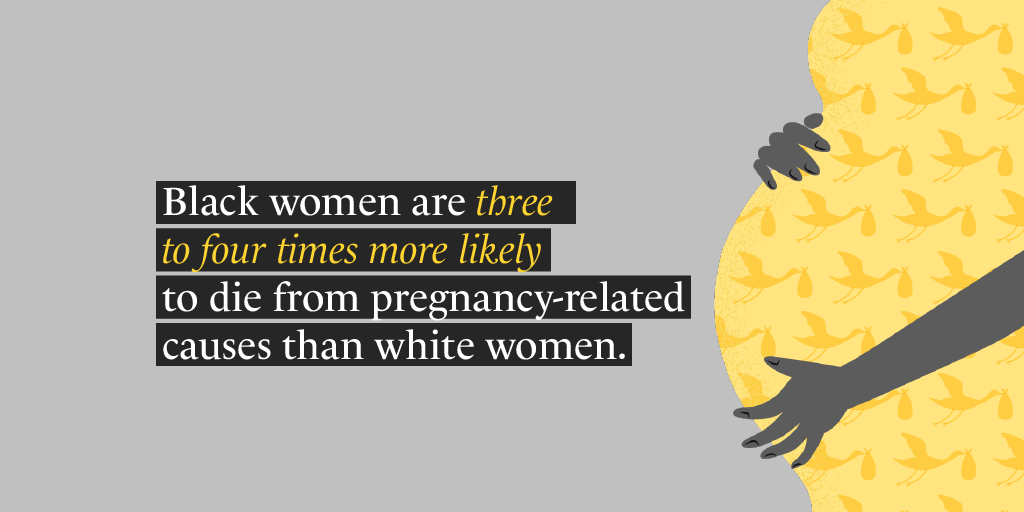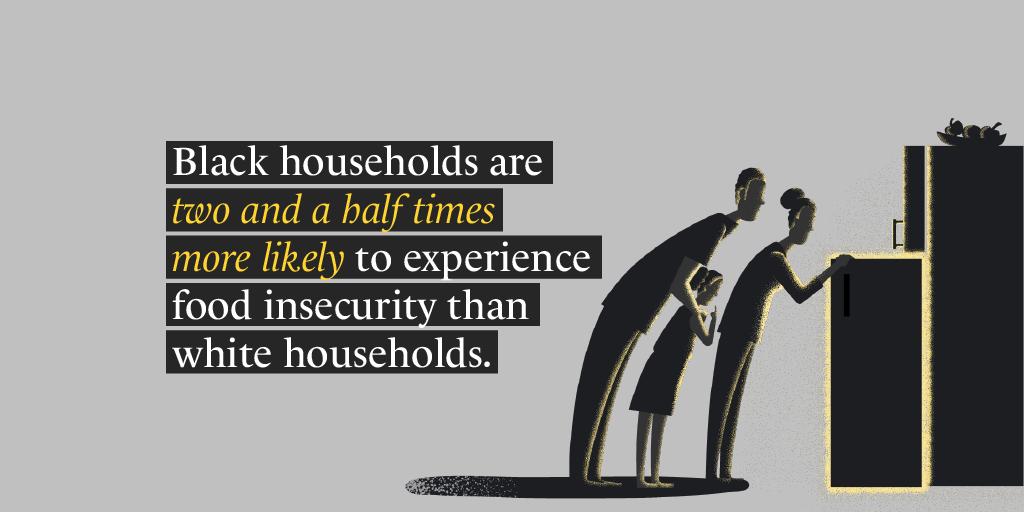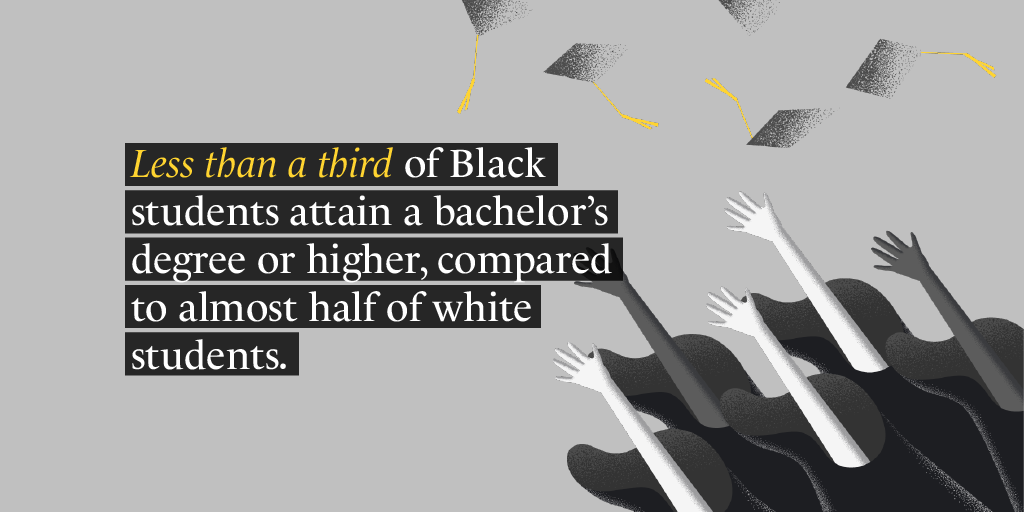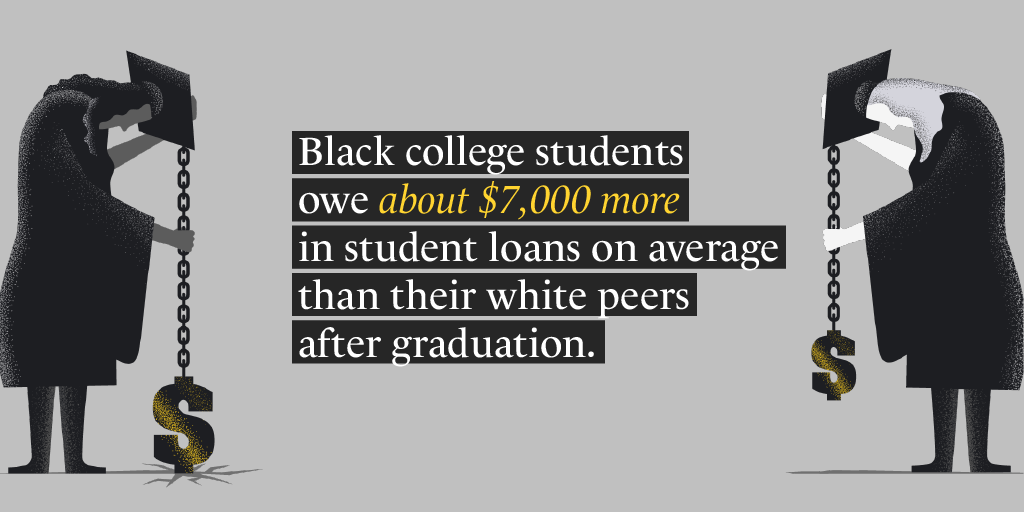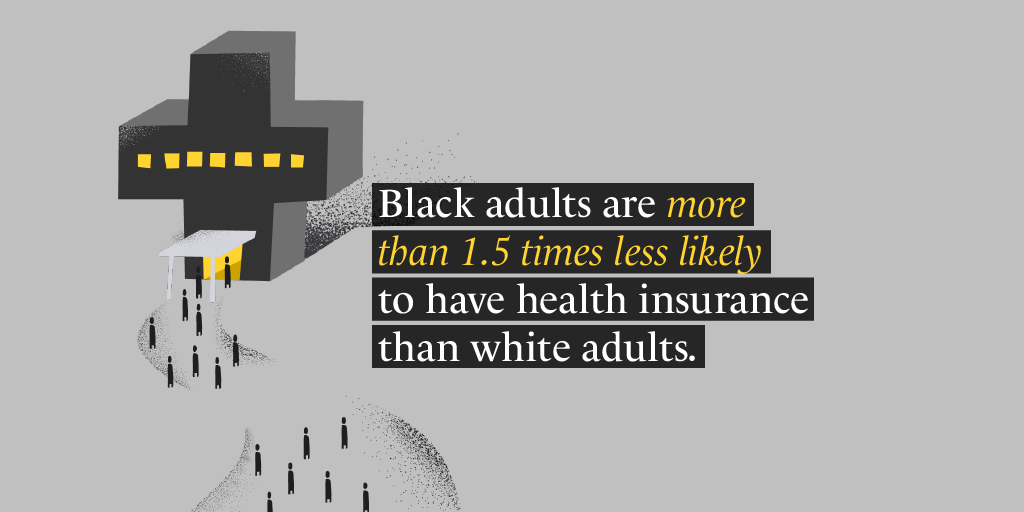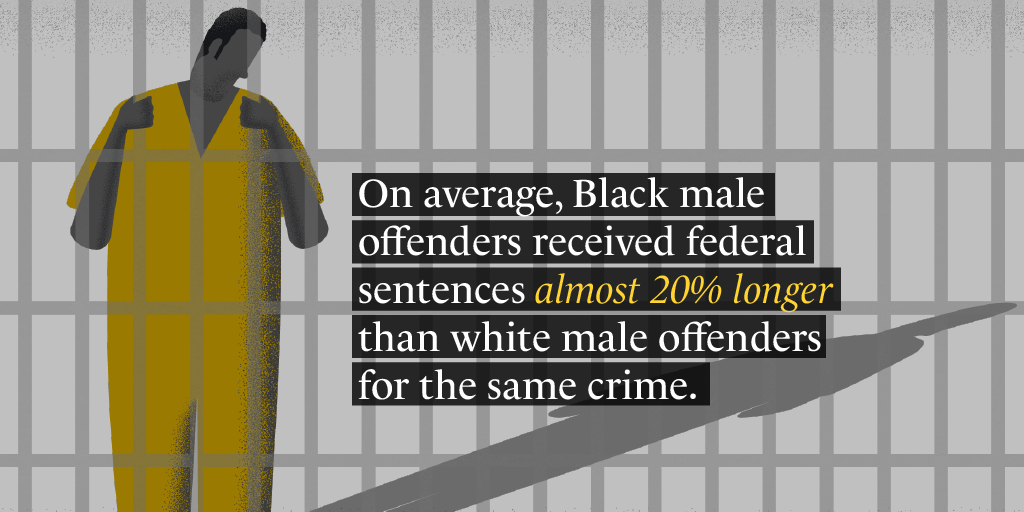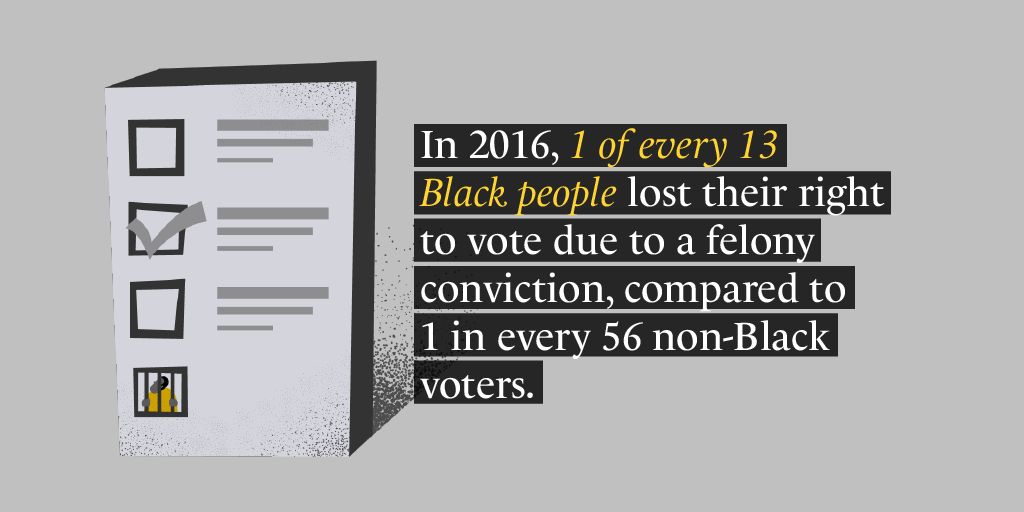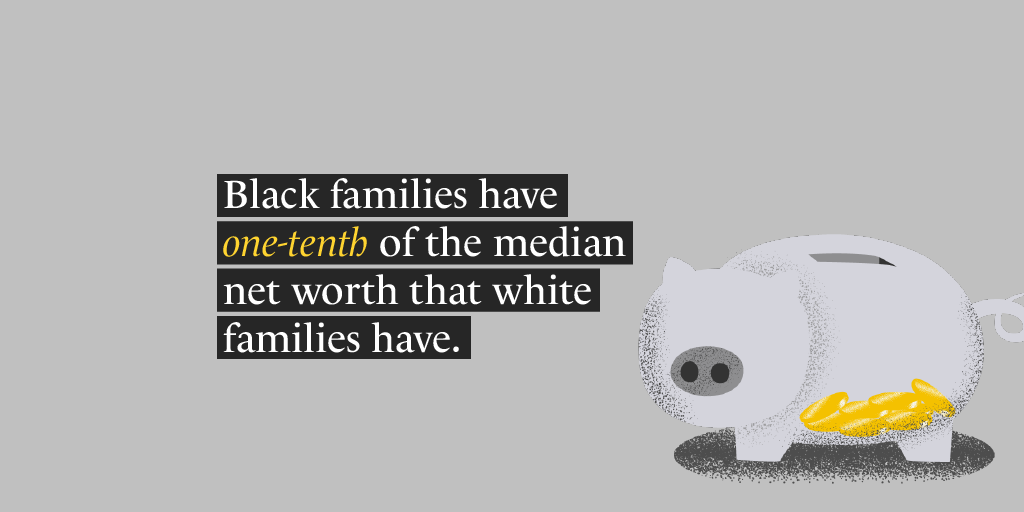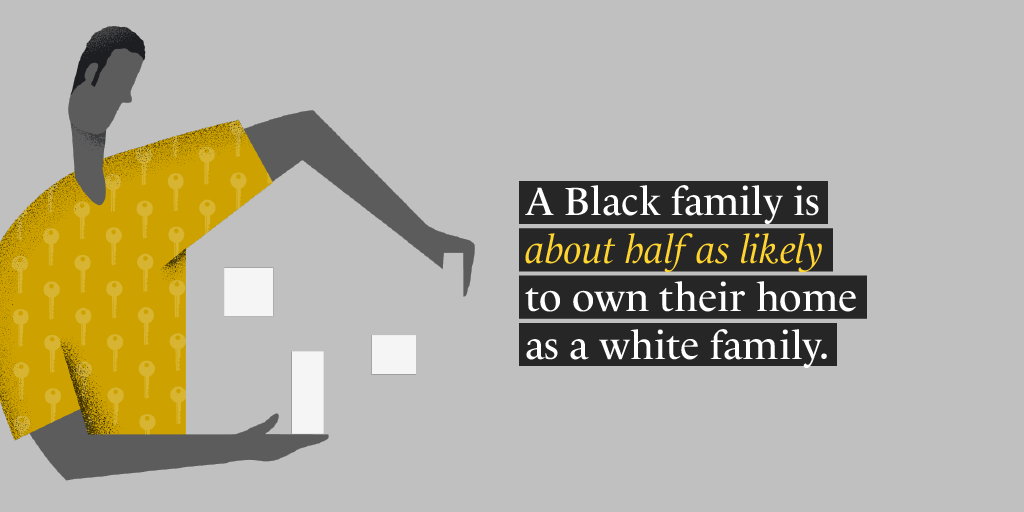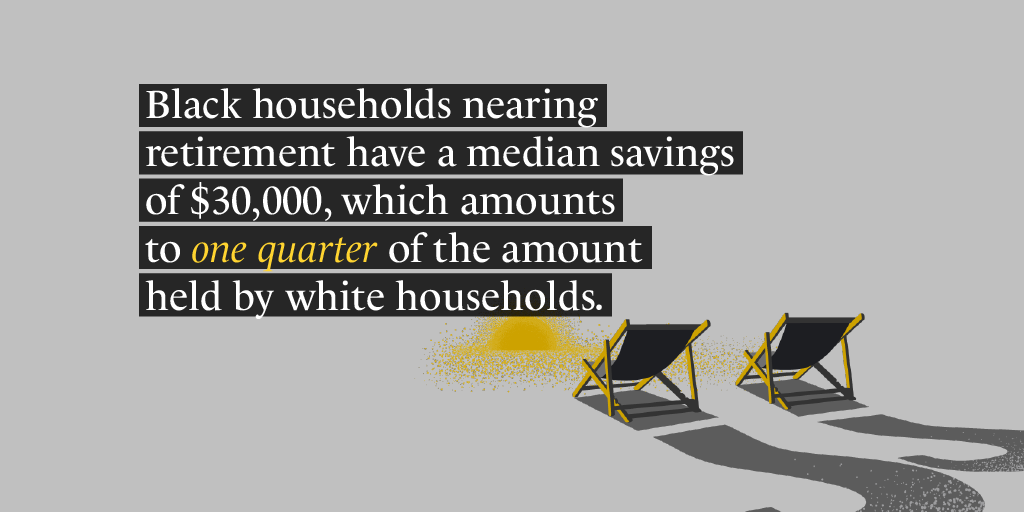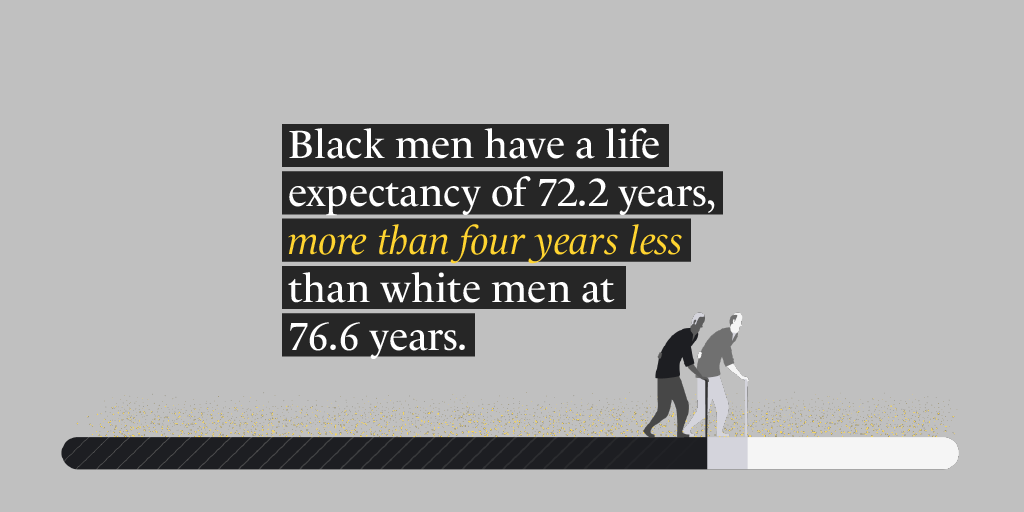1/13 The killing of George Floyd in May sparked worldwide mass protests against racial injustice and brought to the forefront the systemic racism that Black people face on a daily basis. Here are some ways that American inequality plays out in Black lives https://tmsnrt.rs/38VDcKJ ">https://tmsnrt.rs/38VDcKJ&q...
2/13 Disparities begin at birth, even before. Out of every 100,000 live births, 42 Black women die of pregnancy-related causes, more than three times the rate for white women.
3/13 Inequality extends to the basics of life. One in every five Black households experienced uncertainty in getting sufficient food. Food insecurity during the #COVID19 pandemic hit a national rate of 23% — the highest record — including nearly a third of Black households.
4/13 Racial disparities persist in education — from preschool to college — setting up many Black Americans for a lifetime of social and economic disadvantages. The 16 pct. point gap between Black and white students who have bachelor’s degrees has remained steady for 20 years.
5/13 Black college students need to take student loans to finance their degrees more often than white students, and those taking them graduate with over $7,000 more in debt, on average.
6/13 Health insurance, a solid indicator of healthcare access, has eluded Black Americans more than their white counterparts. The 2010 passage of the Affordable Care Act narrowed the racial gap but progress has since stalled.
7/13 Black Americans also face a higher chance of imprisonment and longer sentences for similar crimes and have a greater chance of dying from an encounter with a police officer, compared with white people.
8/13 Black people have made steady political gains since the dismantling of discriminatory “Jim Crow” laws and the passage of the 1965 Voting Rights Act but they still make up a disproportionate share of Americans who have lost their right to vote due to a felony conviction.
9/13 The striking gap between Black and white family wealth results from disparities across the U.S. economy as Black Americans are about twice as likely to be unemployed and have a median household income that is only 57% that of white families.
10/13 The American dream of homeownership isn’t a reality for many Black families, who are only marginally more likely to own a home than in 1968, when the Fair Housing Act passed. Generations of housing and mortgage discrimination have contributed to the divide.
11/13 After a lifetime of lower pay, many Black Americans are forced to live on fewer savings in retirement.
12/13 In the CDC’s earliest records, at the turn of the last century, white people lived more than 30% longer than Black people, on average. While the gap has narrowed, the disadvantages Black people encounter throughout life contribute to a shorter life span.
13/13 While some progress has been made in recent decades to narrow racial disparities, wide gaps — rooted in the legacy of slavery, segregation and discrimination — have endured or grown in the years since the civil rights victories of the 1960s. https://tmsnrt.rs/38VDcKJ ">https://tmsnrt.rs/38VDcKJ&q...

 Read on Twitter
Read on Twitter